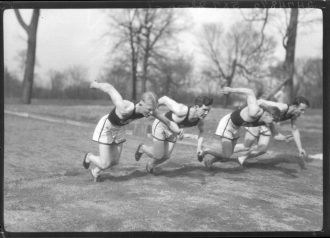
January 14, 2020
Doug Robinson Interviewed by Bloomberg Law about New PTAB Evidence Precedent
St Louis patent litigator Doug Robinson spoke to Bloomberg Law about a new precedent at the USPTO that will affect how judges consider evidence and could improve attorneys’ abilities to have those judges grant review.
The Precedential Opinion Panel within the Patent Trial and Appeal Board said that PTAB panels must consider all of the available evidence when deciding if non-patent literature can be used as part of a bid to invalidate a patent.
PTAB panels have historically been able to determine their own standards for non-patent literature, or NPL, including copyright dates or affidavits. This new precedent will help clarify those standards and avoid any surprise rejections.
The decision stems from Hulu, LLC v. Sound View Innovations, LLC, in which the Precedential Opinion Panel determined that a variety of prior art evidence, including a copyright date and ISBN, were enough to prove a textbook existed before Sound View Innovations filed for the patent in question.
The decision is expected help challengers set a clearer course for convincing judges to launch a review. It will also likely lead to attorneys using as much and as varied evidence as they can.
“POP’s decision almost makes things easier for the petitioner because it lowers the standard to institute,” said Robinson, who has handled PTAB proceedings for both patent owners and petitioners.
If the PTAB grants review, according to the precedent, the challenger will “ultimately have the burden to prove that the reference” was available by “a preponderance of the evidence.”
While some say that the precedent reflects a common-sense approach to determining whether a printed reference was publicly available, others are still weary about how the evidence will be treated at trial.
“Hulu eases the burden a little bit at the institution stage or at least gives panels some comfort in saying, ‘Okay, well at institution stages things look good enough to institute, but we’re going to see what happens in the trial,’” Robinson said.
For now, while the door seems to have opened wider for petitioners, those hoping for review should be prepared to do the digging up front.
…

